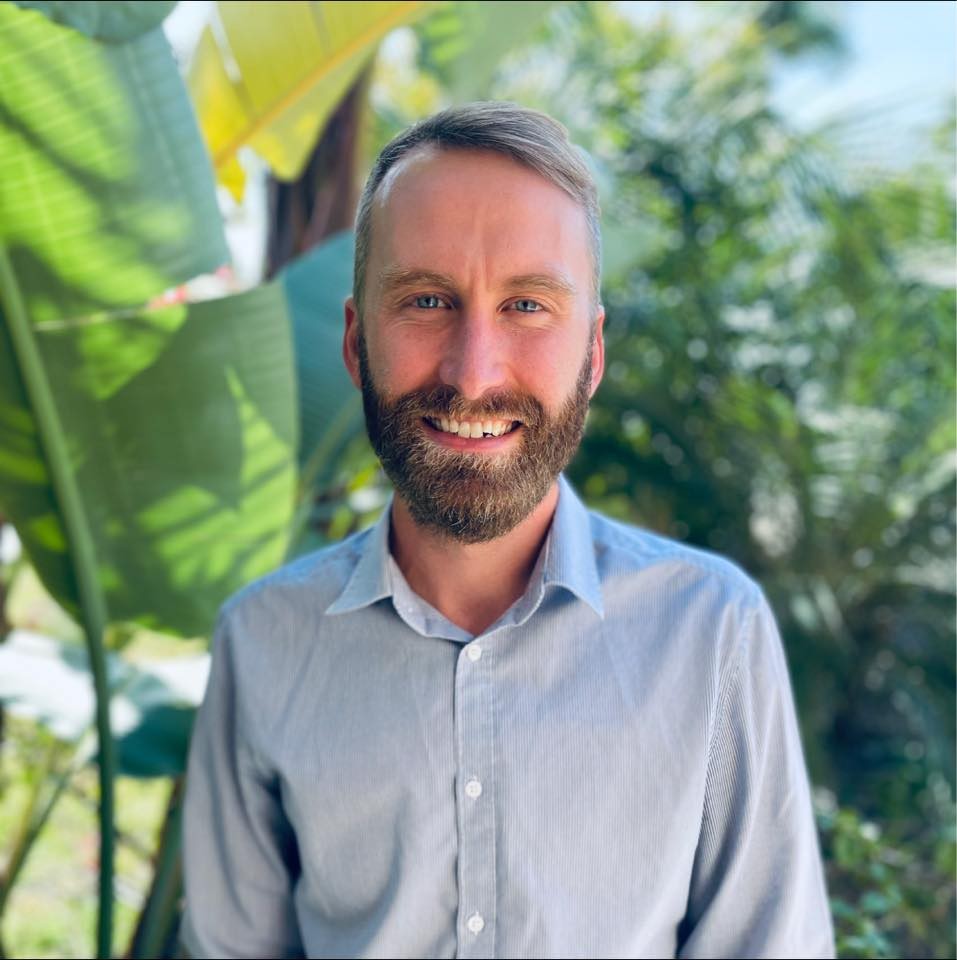Alright – so today we’ve got the honor of introducing you to Sam Codington. We think you’ll enjoy our conversation, we’ve shared it below.
Sam , appreciate you joining us today. We’d love to hear about a project that you’ve worked on that’s meant a lot to you.
As part of a doctorate program at San Francisco Theological Seminary, I wrote a series of liturgies for Holy Week and Easter Sunday at Faith Presbyterian Church.
I wrote the liturgies under the guidance of Cláudio Carvalhaes, an Associate Professor of Worship at Union Theological Seminary in New York City. Carvalhaes is an activist, artist, and theologian. Working with him was a gift, joy, and an energizing experience and in large part what motivated me to stick with the project from start to finish. I wrote the liturgies in order to bring into focus ways in which European colonization has created violent separations between people and between people and the earth.
Colonization is the work of predatory empires to commodify peoples and steal land. Liturgy is the work of the people to build community with one another and with God. Liturgies of decolonization can be a form of resistance, protest, and liberation. While liturgies of decolonization may launch from Sunday mornings, they enter our everyday lives, inviting us to touch and to be touched by neighbors, the human and the more than human. I desired to craft liturgies that resist and break apart white supremacist operations of colonization, beginning with ways in which we think, feel, and imagine as gathered communities of faith.
On Ash Wednesday, we gathered and planted flower bulbs as an expression of prayer. Throughout the season of Lent, we centered the bowls of soil with the flower bulbs during our worship services. By centering soil, I desired to draw our attention to the significance of our relationship with the earth for our faith. On Palm Sunday, we crossed through the desert, holding desert rocks as prayer icons and praying for water, especially for those who are fleeing across spaces of desolation seeking safety. On Maundy Thursday, we gathered around a table for prayer and a simple supper, praying for the banquet table of Love to encircle the earth, until the human and the more than human flourish in communion. On Good Friday, we lamented and joined our voices with bodies and voices rendered insignificant. On Easter, we oriented ourselves with the rhythms of the earth; children handed out seeds among the congregation for everyone to plant and cultivate.
Worship is at the heart of what I do as a pastor, and I hope worship liturgies will move us into deeper honesty and relationships.
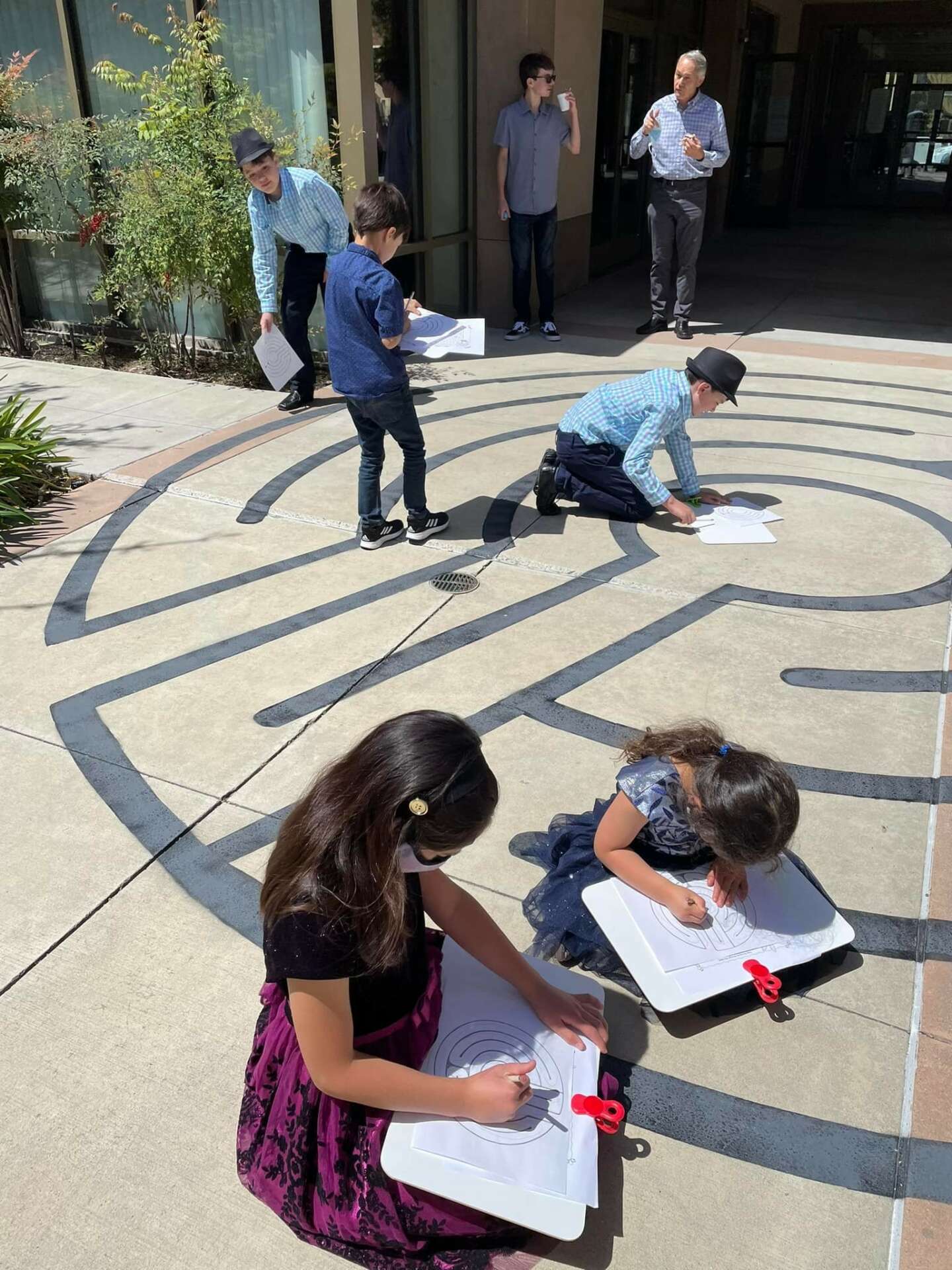
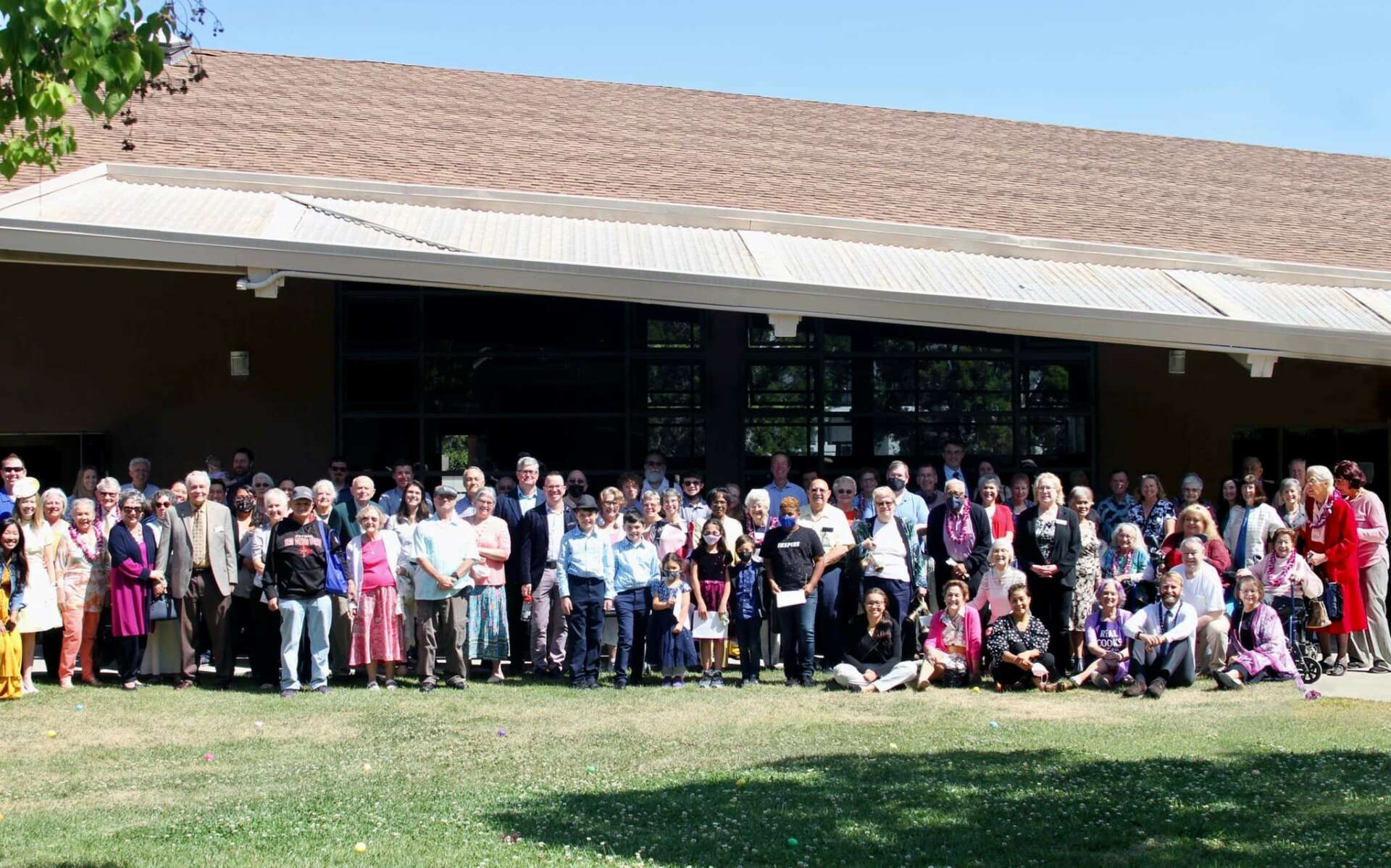
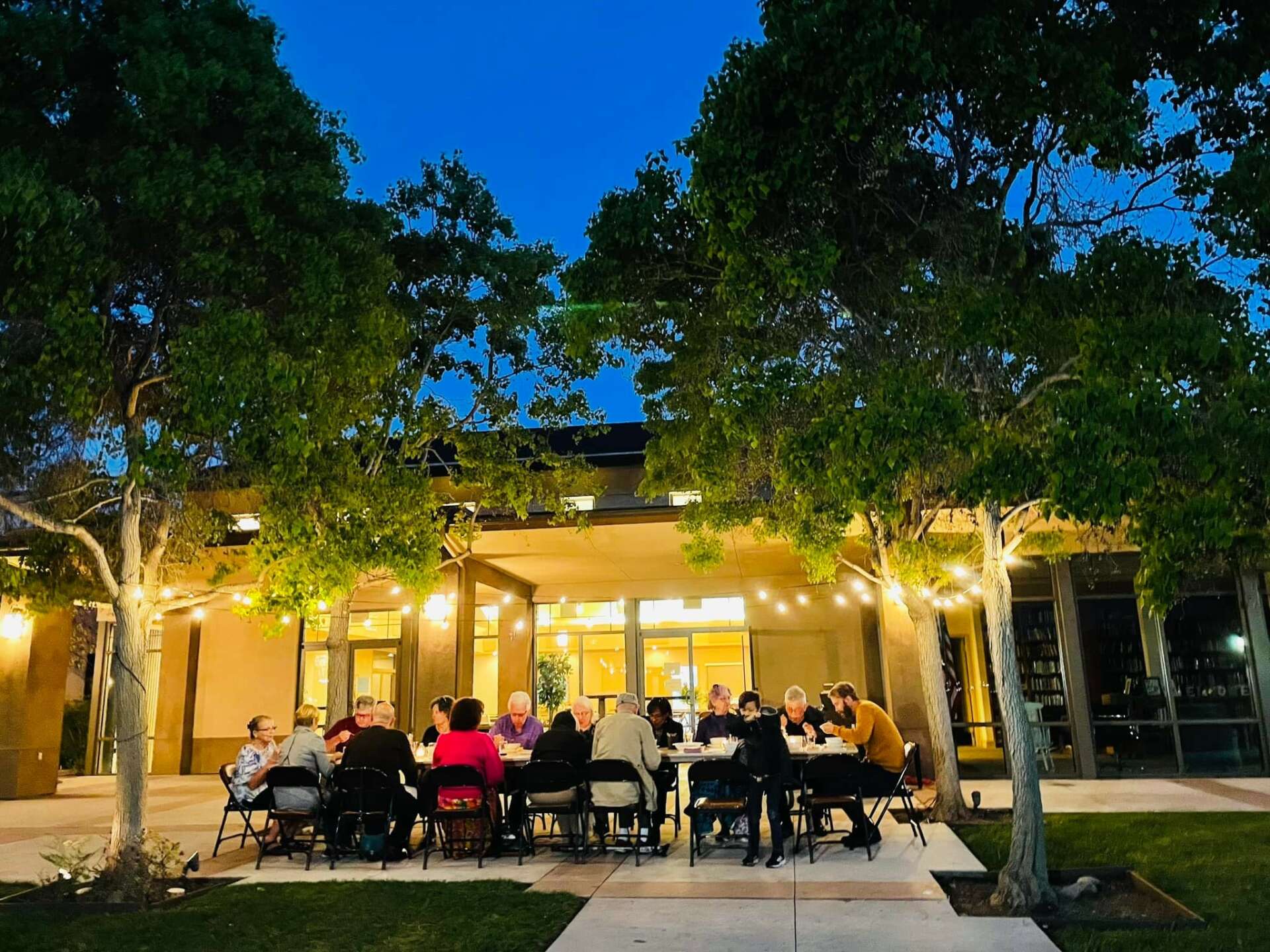
Sam , before we move on to more of these sorts of questions, can you take some time to bring our readers up to speed on you and what you do?
I am a pastor in the Presbyterian Church (USA). More specifically, I am the pastor and head of staff of Faith Presbyterian Church in the College Area of San Diego. I became a pastor through the nurture and support of spiritual community. Eventually, I decided to become a pastor because I felt so compelled by the stories of Jesus in the Gospels of the New Testament. His life seems to me what is good and true and beautiful. He embodies the love of God in the world by persistently siding with the violently marginalized.
As a pastor, I pray, preach, administer the sacraments (Baptism and the Lord’s Supper), visit the sick, counsel, and build community. In all things, in word and deed, in work and play, I desire to encourage the church to be grounded in compassion and tenderness.
In a world in which exclusion is common, I hope to nurture communities of inclusion. Admittedly, inclusion is an ongoing and intersectional process. I love seeing people flourish in sharing what they are good at and what brings them deepest joy.
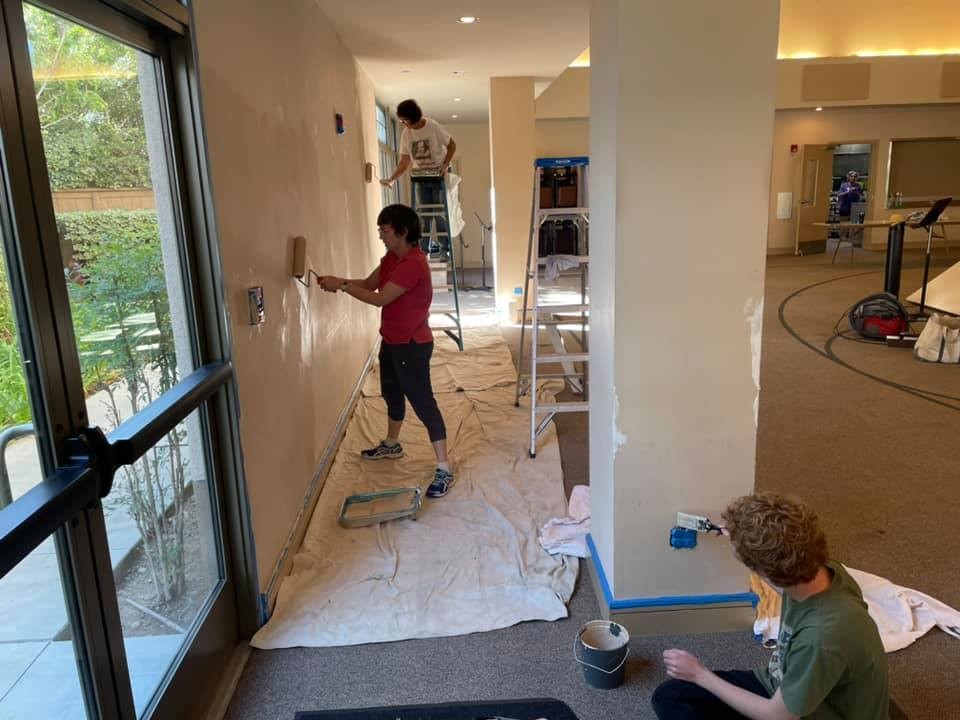
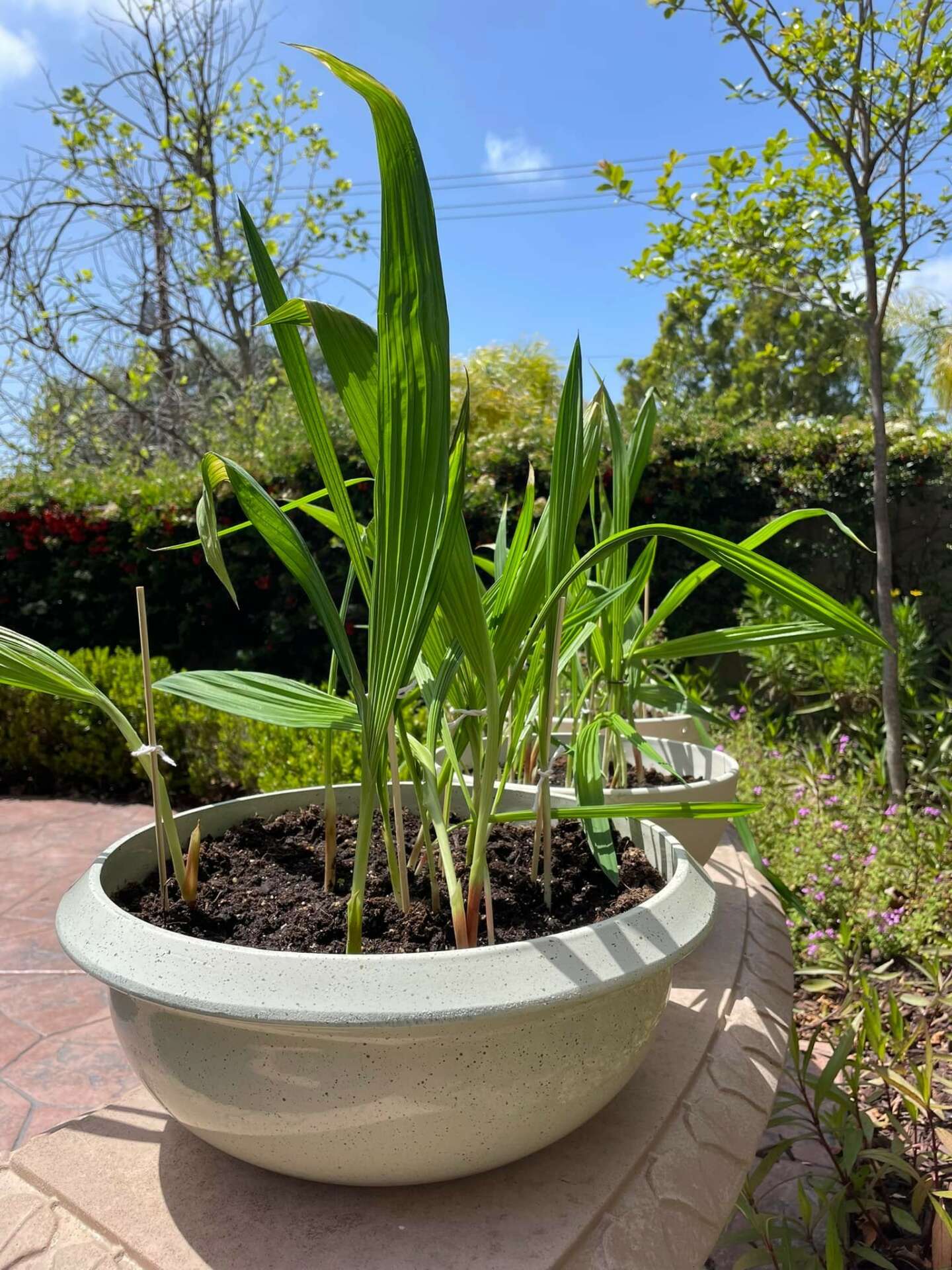
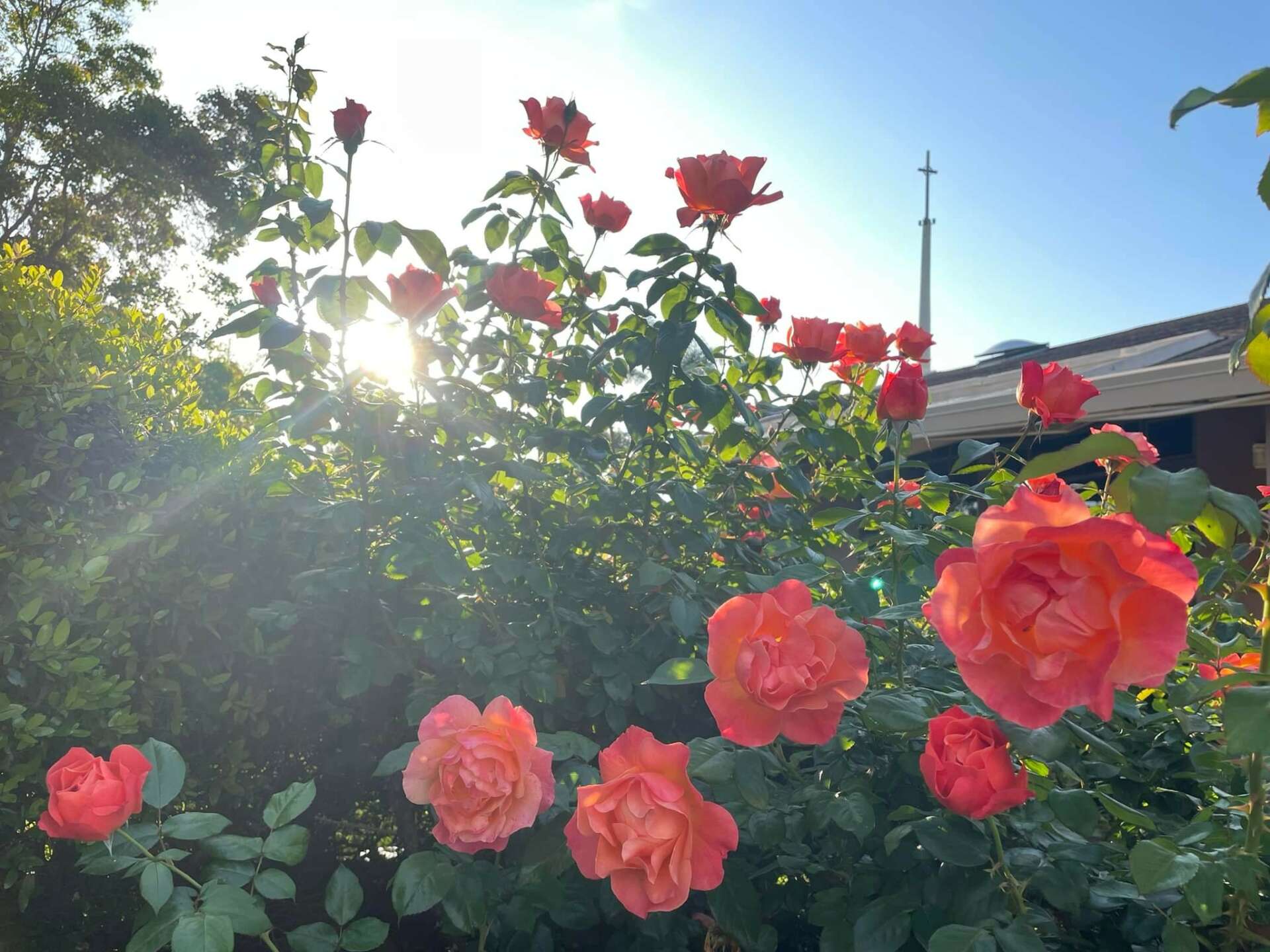
We often hear about learning lessons – but just as important is unlearning lessons. Have you ever had to unlearn a lesson?
Unlearning is such a central part of my life right now. Much of my theological and spiritual formation has been within institutions of Eurocentric discourse and practice. Moreover, almost all of my teachers in college and seminary were white men with Ph.D.’s. I can think of only two professors in college who were women and only three professors in seminary who were women – one was a woman of color.
Unlearning singular narratives around human experience and theology is what I am doing right now, and unlearning a commodified relationship of the earth is central to my unlearning singular narratives. Even within Christian theology, we are inculcated with a view of the earth that impersonal; we are not formed to experience the earth as a living being. My doctoral work has explored multiple angles of de-centering white European theology and praxis. I am continuing to (un)learn.
Looking back, are there any resources you wish you knew about earlier in your creative journey?
Before going to seminary, I wish I had known about de-colonial discourse and praxis. In preparation for seminary, I dove headlong into the work of English and German theologians without much of a second thought. Their voices are important, but they are hardly the only important voices in the field of theology and the community of the church.
I did not encounter the mysticism of Howard Thurman until I finished seminary. A colleague in hospital chaplaincy introduced me to Thurman. Looking back, I can hardly believe it since he holds such a significant place in my life now. Even though he lived in the previous century, his relationship with the earth can be instructive for us right now. As a child, Thurman experienced communion with trees. That had a lasting impact on his life. He can lead us in changing our relationships with the earth.
Contact Info:
- Website: https://faithchurchsandiego.org
- Instagram: https://www.instagram.com/samcodington/
- Facebook: https://www.facebook.com/sam.codington/


